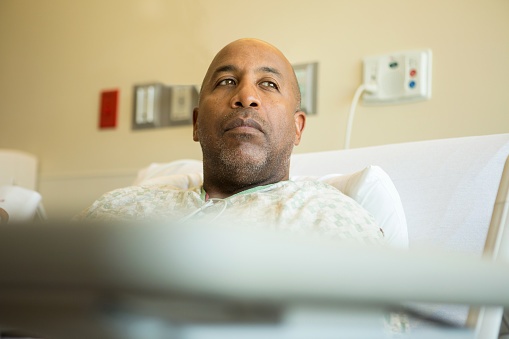
Interstitial fibrosis is found in nephrectomy samples of patients with autosomal dominant polycystic kidney disease (ADPKD). Bardoxolone methyl (BARD) is a potential treatment known to activate the nuclear-factor-related factor 2 pathway, which is believed to reduce inflammation and fibrosis.
Shuchi Anand, MD, and colleagues designed the FALCON trial (NCT03918447) to determine the safety and efficacy of BARD in patients with ADPKD. They presented their findings at ASN Kidney Week 2024 during the oral presentation, Safety and Efficacy of Bardoxolone Methyl in Patients with Autosomal Dominant Polycystic Kidney Disease.
FALCON was a phase 3, randomized 1:1, placebo-controlled clinical trial. Study participants had ADPKD, reduced eGFR (30-90 ml/min/1.73 m2 for patients 12-55 years or 30-44 ml/min/1.73 m2 for patients 56-70 years), and evidence of rapid eGFR decline (≥2.0 ml/min/year for two years). The primary endpoint was the change from baseline eGFR at week 108 (off treatment). The secondary endpoint was the change from baseline at week 100 (end of treatment). The trial’s sponsor terminated the study early, before meeting target enrollment. There were 667 participants.
At baseline, the eGFR (mean [SD]) of the BARD (51.6 [15.5] mL/min/1.73m2) and placebo (51.2 [16.8] mL/min/1.73m2) groups were similar. Week 108 eGFR was available from 70 patients in the BARD group and 79 in the placebo group. There was no difference in the week 108 (off treatment) change from baseline between groups (0.97 [95% CI, –1.25 to 3.19] mL/min/1.73m2). At week 100 (end of treatment), eGFR was higher among BARD group participants (7.9 [95% CI, 6.41 to 9.47] mL/min/1.73m2).
Most patients in both groups (94% BARD, 89% placebo) experienced treatment-emergent adverse events. The most common adverse events in the BARD group were muscle spasms, aminotransferase elevations, and nausea. There were no serious cardiac events.
In conclusion, the authors said, “Among the subset of patients with available data on the primary endpoint in the FALCON trial, there was no evidence for preservation of eGFR among patients randomized to BARD at the end of 100 weeks of treatment and an eight-week washout period.”
Source: Anand S, Chimalapati S, Montez-Rath ME, et al. Safety and efficacy of bardoxolone methyl in patients with autosomal dominant polycystic kidney disease. SA-OR97. Abstract of an oral presentation at the American Society of Nephrology Kidney Week 2024; October 26, 2024; San Diego, California. Commercial support provided by Reata.







 © 2025 Mashup Media, LLC, a Formedics Property. All Rights Reserved.
© 2025 Mashup Media, LLC, a Formedics Property. All Rights Reserved.